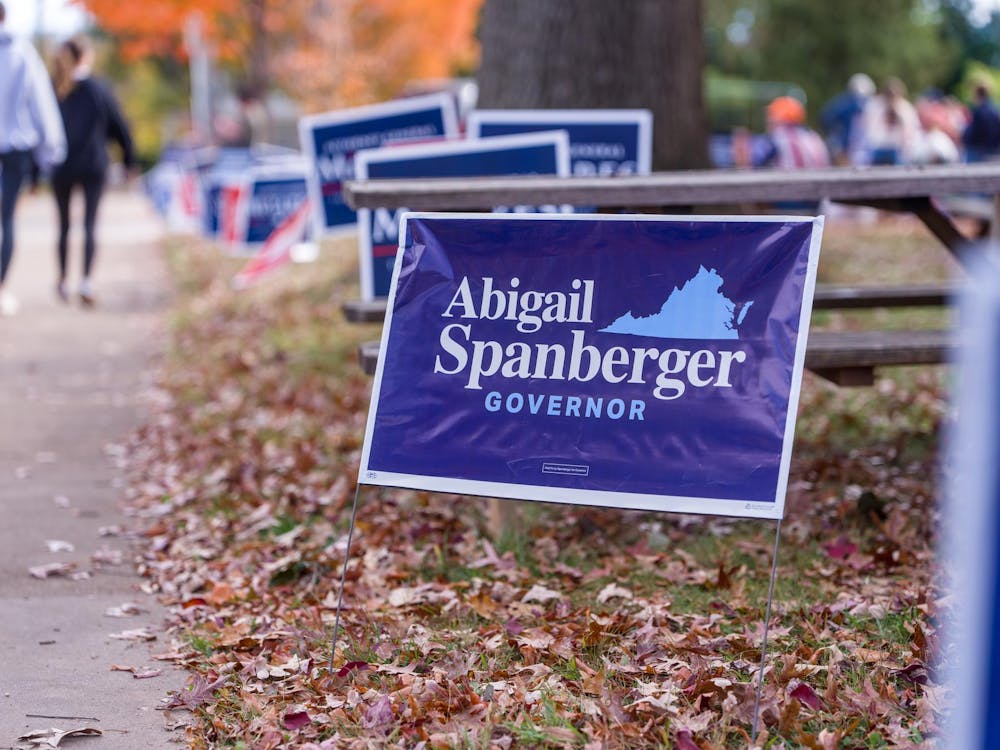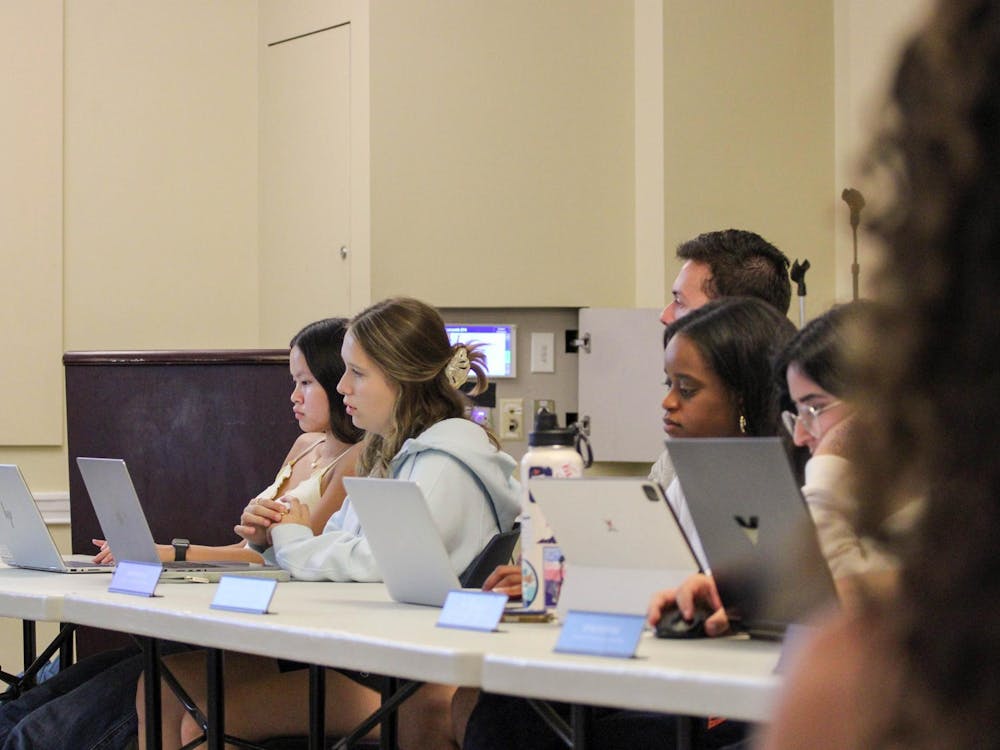Why should a university spend money so its students can listen to music for free?
That's the question Vance Aloupis faced when he, as student government president at the University of Miami, proposed that the school provide free access to Napster.
"I think the administration understood that it was definitely something the students wanted, but they didn't know if the program itself had academic and social benefits," Aloupis said.
For example, students enrolled in music classes can use Napster to access media files for coursework.
The university's radio station also has teamed up with Napster to promote local bands and programming, he said.
"Napster is working with Sony to bring mainstream artists to school for concerts and increase the relationship between our school and the recording industry," Aloupis said.
Unlike initial responses at Miami, there was little dissent among administrators at the University of Rochester when officials discussed plans to purchase legal online music subscriptions last spring for students living on campus.
For Rochester Provost Charles Phelps, the benefits of an alternative to online piracy clearly outweigh service expenses. Phelps said he is interested in the effect of subscription services on file-sharing trends -- whether illegal downloading will decline -- and the legal consequences of piracy on the network.
Phelps also cited free online music as a perk for prospective students.
"We provide a lot of things to students that are part of a vibrant campus life that have nothing to do directly with classrooms -- athletic facilities, that sort of thing," Phelps said. "We're home for the students too, so why not make it comfortable for them?"
University officials here just began evaluating bringing music subscriptions to Grounds.
"We aren't always on the cutting edge technology-wise," said Chris Husser, University technology coordinator for student activities. "Any time we can be innovative with technology, there are obvious benefits."
Implementing such a service would be a large undertaking for administrators and ITC officials, Husser said.
"It's just a huge commitment of time and resources," he said. "It's a big investment, so we want to make sure the students are behind it 100 percent."
Student opinion likely will dictate whether the University will pursue a music subscription initiative, but Husser noted that student input sometimes is difficult to obtain.
Student Council President Noah Sullivan said some students may be reluctant to pay a blanket fee for the service if they are not interested in using it.
"Things are spread so thin that if we want more services we have to pay for them," Sullivan said. "That's the reality we're left with."






